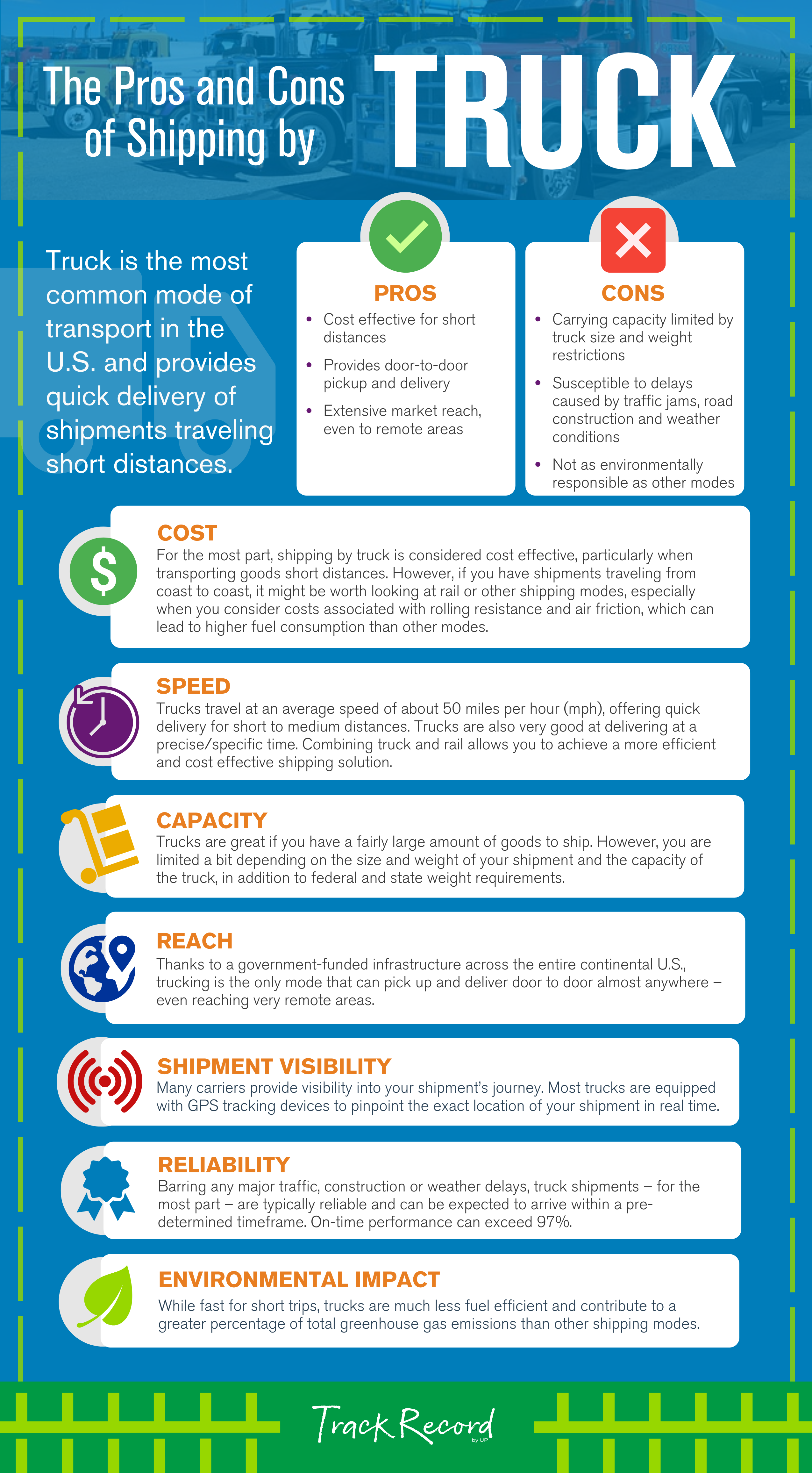What does carrier mean in trucking?

In the context of the trucking and transportation business, a "provider" refers to a enterprise or entity that provides transportation companies for the motion of products. Carriers are liable for physically transporting cargo from one location to another, whether it is inside an area area, across state lines, or even internationally. Carriers can tackle numerous types and sizes, from particular person owner-operators to massive trucking firms and logistics companies.
Here are some key factors about what carriers do in trucking:
Transportation Services: Carriers are primarily answerable for the transportation of products. They have a fleet of vehicles or automobiles designed for the specific forms of cargo they handle.
Cargo Ownership: Carriers may own and function their very own vehicles and tools, or they could lease or subcontract to independent drivers or owner-operators.
Contracts and Agreements: Carriers typically enter into contracts and agreements with shippers, manufacturers, or freight brokers to move goods. These contracts define the phrases, situations, and rates for the transportation services.
Regulations and Compliance: Carriers should adjust to various rules, together with security and environmental standards, hours-of-service laws for drivers, and licensing necessities. Compliance ensures the safe and authorized operation of their vehicles.
Routing and Logistics: Carriers are answerable for planning environment friendly routes, coordinating schedules, and ensuring that cargo reaches its destination on time and in good situation.

Tracking and Communication: Many carriers use technology to track the placement and status of their autos in real-time. They typically keep communication with drivers to offer updates and tackle any issues that will come up during transit.
Cargo Insurance: Carriers typically have cargo insurance coverage to cowl potential losses or damage to the goods they're transporting. This insurance coverage helps defend both the service and the shipper.
Freight Brokerage: Some carriers also supply freight brokerage companies, the place they act as intermediaries between shippers and carriers, helping to match available cargo with out t here trucks.
Types of Carriers: Carriers can focus on various forms of transportation, similar to long-haul, regional, or native trucking. They may also handle specific forms of cargo, similar to refrigerated items, hazardous supplies, or oversized hundreds.
Safety and Maintenance: Carriers are answerable for the upkeep and safety of their autos. They should carry out common inspections, repairs, and upkeep to ensure that their trucks are in good working situation.
Driver Management: Carriers hire and handle drivers, ensuring that they are certified, properly educated, and compliant with regulations.
Billing and Invoicing: Carriers generate invoices and invoice customers for his or her transportation companies based on agreed-upon charges and terms.
In summary, carriers play a pivotal position within the trucking and transportation trade by physically transferring goods from one place to a different. They are essential for making certain the environment friendly and dependable delivery of cargo, contributing to the functioning of supply chains and the movement of products within the financial system..
